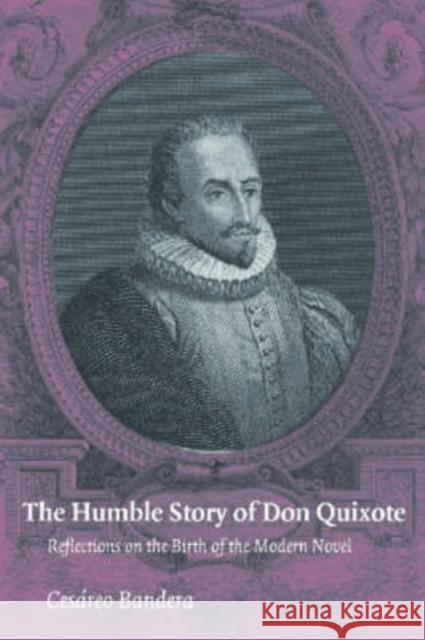The Humble Story of Don Quixote » książka
The Humble Story of Don Quixote
ISBN-13: 9780813214528 / Angielski / Twarda / 2006 / 336 str.
Don Quixote is often called the first modern novel; many would argue it is the greatest novel ever written. But compared with other world masterpieces--from the Iliad to Paradise Lost, or from Oedipus the King to Hamlet or Life is a Dream, for example--the storyline of Don Quixote is remarkably uninspiring and lowly: a middle-aged man becomes mad reading novels and makes a fool of himself by believing he is a hero. The first great modern novel is a warning about the reading and the writing of novels. In this original study by Cesareo Bandera, the intimate connection between the simplicity and humility of the story and its greatness is explored. Other comparisons are also made: the story of the picaresque rogue, on the one hand, and the psychological insights of the pastoral novel, on the other. Through these analyses the meaning and significance of Cervantes' novel are developed. The book takes into critical account Mikhail Bakhtin's theory of the novel, as well as Michel Foucault's views about madness and civilization, in order to bring into relief the modernity of Don Quixote. From another angle the contrasting views on human desire of such critics as Unamuno and Rene Girard become central to a new understanding of Don Quixote's madness, as well as to the development of the main connection between the humility of the story and its greatness.











